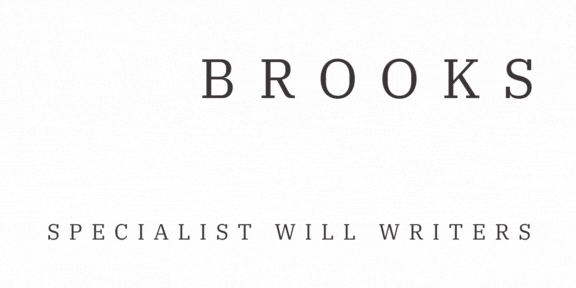Advanced Directives are also known as Advanced Decisions or Living Wills. This article covers frequently asked questions regarding them.
What is an Advanced Directive?
An advanced directive, also known as an advance decision or living will, is a legal document that allows individuals to specify their preferences for medical treatment in case they become unable to communicate their wishes in the future.
It can outline the treatments they want or do not want, particularly in situations where they may lack the capacity to make decisions due to illness or injury.
What is the difference between an Advanced Directive and a Lasting Power of Attorney?
A Lasting Power of Attorney is a document that allows you to appoint other people to make decisions on your behalf. There are 2 types: one for property and financial decisions and one for health and welfare. You can find more information about Lasting Powers of Attorney here. In contrast, an Advanced Directive provides your decisions over your healthcare in advance in case that you lose capacity when such decisions need to be made. So an advanced directive is you providing your own decisions on healthcare in advance if ever needed, while a Lasting Power of Attorney allows someone else to decide for you if ever needed.
Do I need them both or is one enough?
This is entirely down to your own circumstances. Having both may provide a certain amount of extra coverage, but it would be important to consider limiting the powers of your appointed attorney(s). As an attorney is able to make decisions on your behalf, any conflict between the 2 documents will result in the LPA taking precedence. This is unless the decisions you have made in the Advanced Directive are expressly excluded from the LPA in question
What decisions can I specify in an Advanced Directive?
Typically, the primary decisions made in Advanced Directives are refusals of certain types of medical treatment. This can include treatments such as CPR, artificial ventilation, tube feeding or other specific surgeries. But it also allows you to make decisions regarding palliative care. For example, whether you would like to be made comfortable for your remaining days. Or whether you would rather pursue a course of uncomfortable treatment in the hope of a longer life.
What are the legal requirements for a valid Advanced Directive?
The document must be in writing and signed by you. Alternatively you can appoint someone to do it on your behalf if you are incapable. You must sign in the presence of a witness who must also sign.
How do I make an Advanced Directive?
The best course of action is to hire a professional to write the document for you. We at Brooks Wills are able to do that for you.











